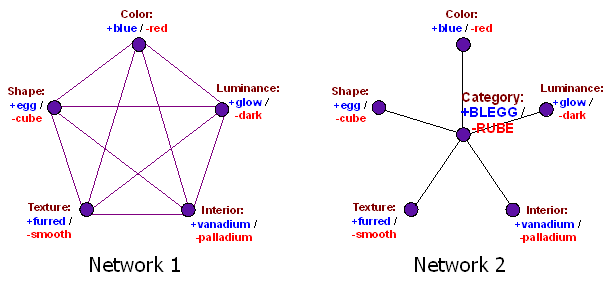user19161
user19161
user19161
user19161
user19161
user19161
user19161
user19161
user19161

